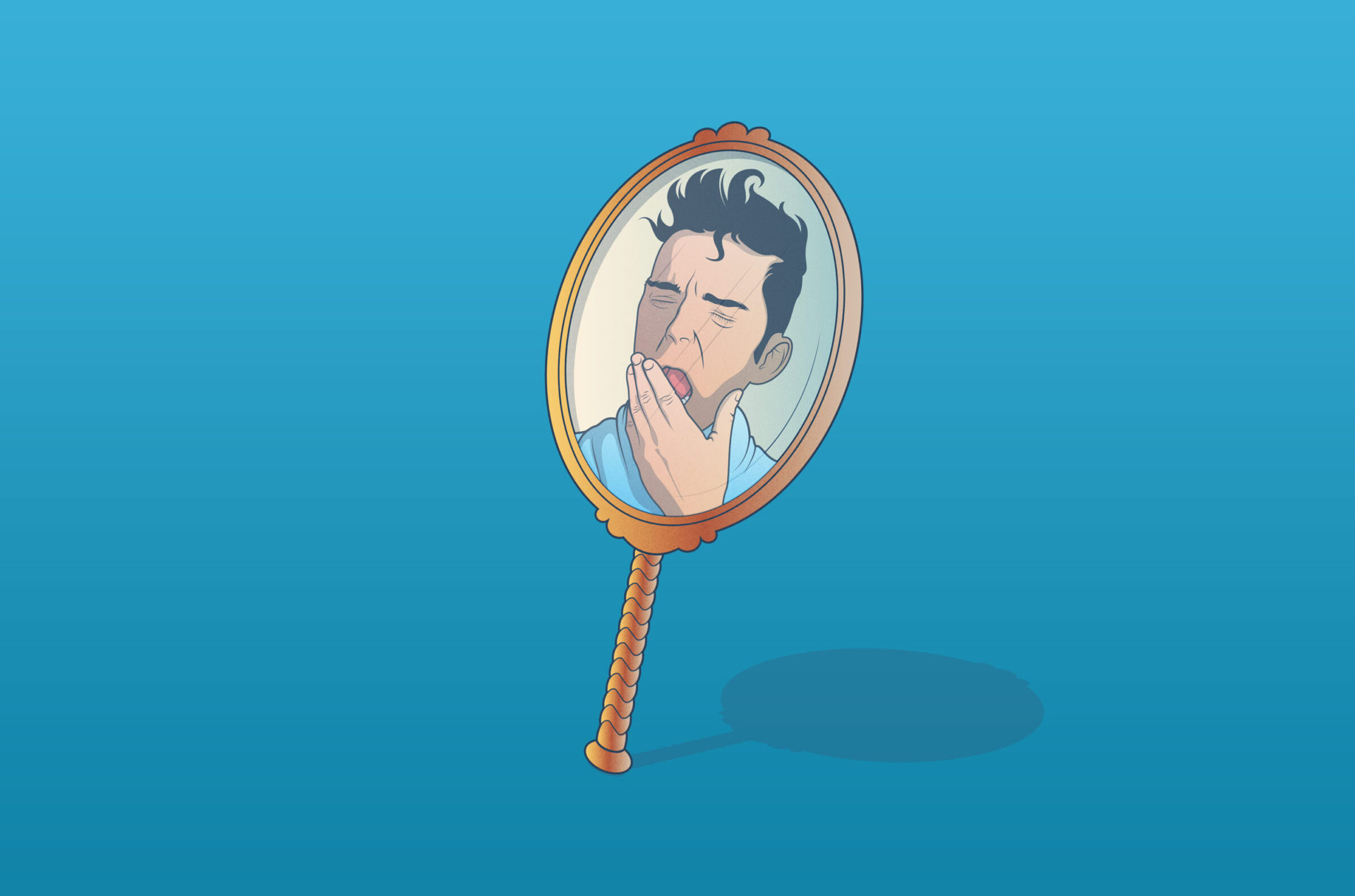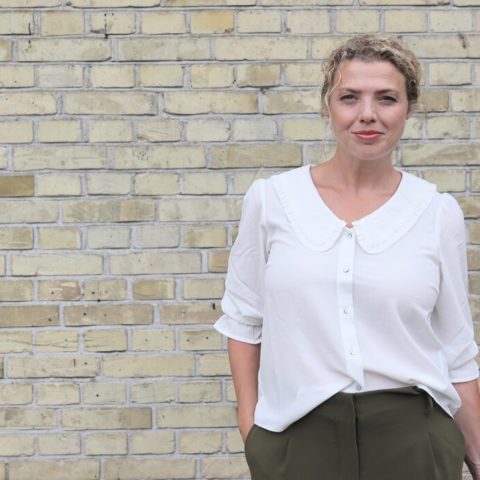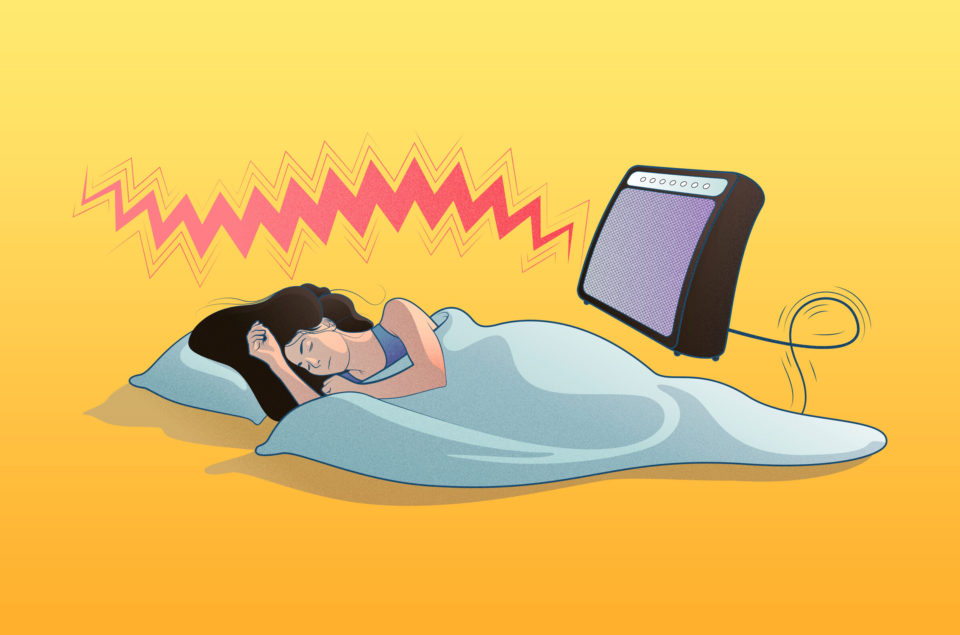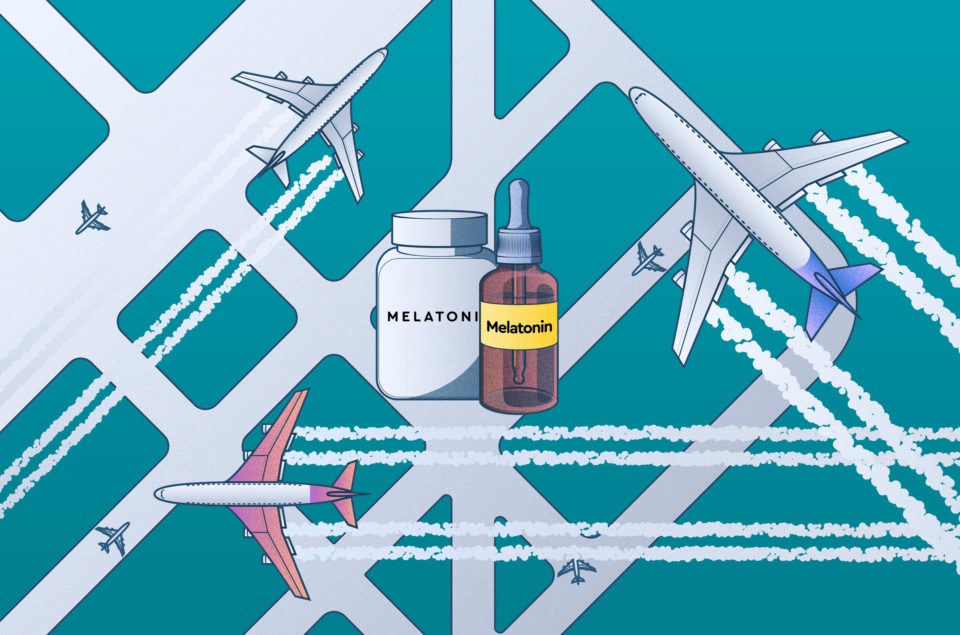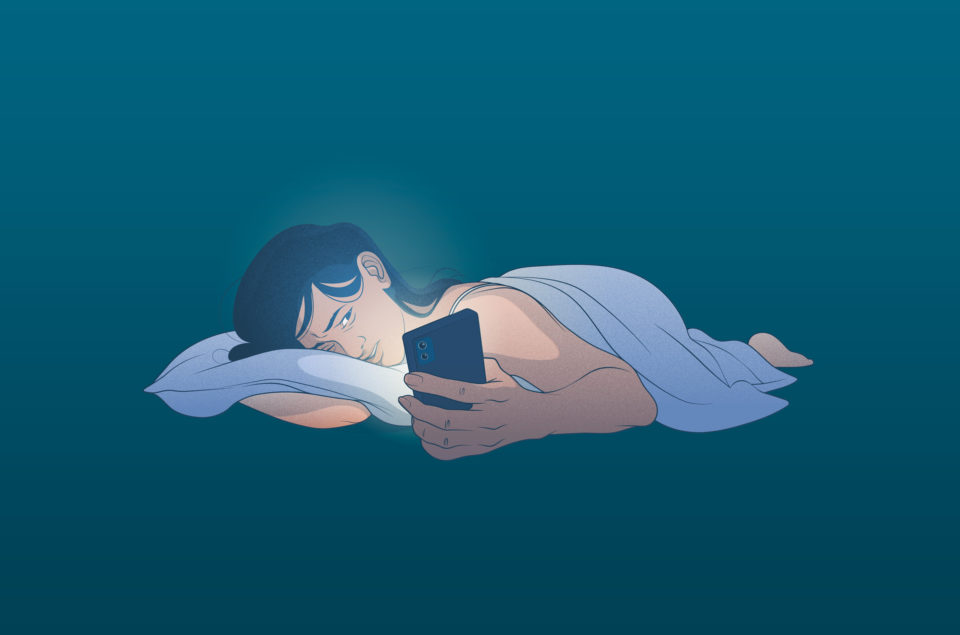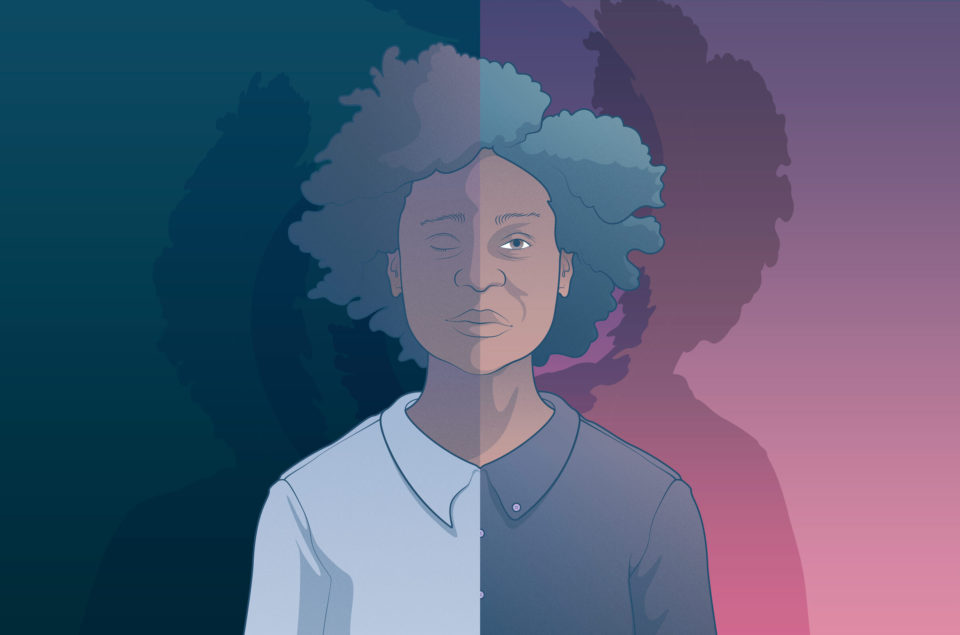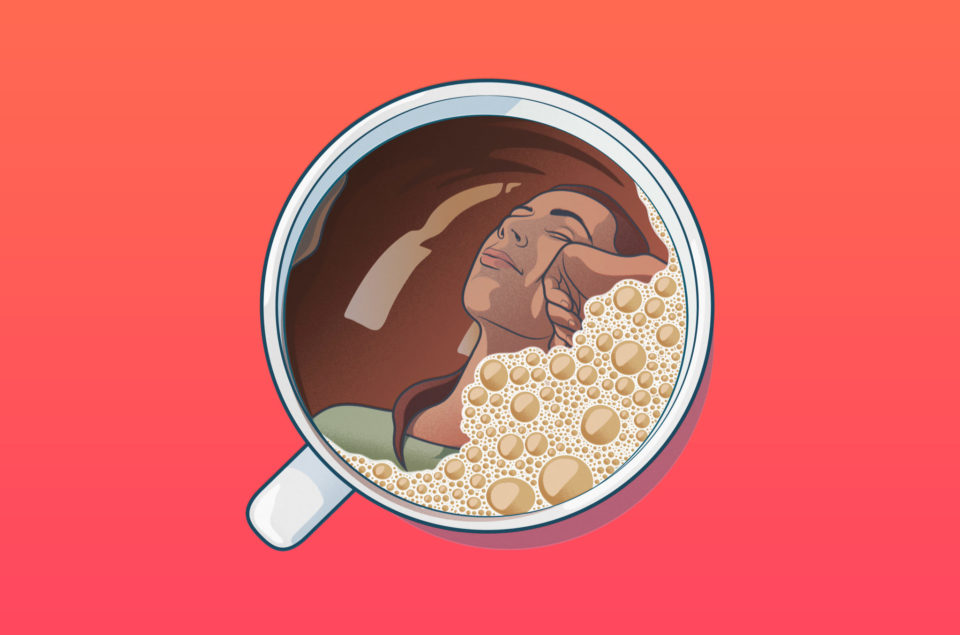Superficial or not, according to research, beauty sleep is real. Clocking in too little sleep negatively affects our mental and physical health, the way we perform and our cognitive functions. But looking sleepy has also been linked to perceived unattractiveness and even social avoidance. We take a closer look at what exactly sleep deprivation looks like and what you can do to get enough ‘beauty sleep’ to look and feel your best.
In this article, we cover:
- What exactly is beauty sleep?
- How does lack of sleep affect your appearance?
- Benefits of beauty sleep beyond our appearance
- How to get more beauty sleep
What exactly is beauty sleep?
Beauty sleep is essentially good quality sleep. The kind that makes you feel well rested and happy when you wake up. How much sleep we need to achieve good quality sleep varies, but the average healthy adult needs 7-9 hours of sleep every night to feel rested. But the quality of sleep (how deep and how well you sleep) matters more than quantity on our health and the way we look and feel.
Good quality sleep happens when you get the right ratio of slow-wave, or deep, sleep and REM sleep (lighter sleep). When we sleep, we go through sleep stages of Non-Rapid Eye Movement (NREM) sleep and Rapid Eye Movement (REM) sleep in sleep cycles that are repeated 4-6 times during an average night. The NREM just before the final REM stage is where the highly restorative deep sleep or slow-wave sleep happens.
- During that stage, your body is fully relaxed as it restores itself through tissue repair and growth as well as cell regeneration. This stage is therefore most important for the restorative properties on your appearance and physical wellbeing. As you age, you tend to stay longer in the lighter sleep stages. Getting restorative sleep thus becomes more challenging later in life.
How does lack of sleep affect your appearance?
You probably already know how too little shuteye affects your appearance. But a study helped put actual words on what a sleep deprived face looks like to see how people recognize facial cues of sleepiness.
The face of sleep deprivation was perceived to be:
- Pale skin. Lack of sleep means your skin struggles to heal and restore from the day.
- Breakouts. Stress from lack of sleep (all types of stress) can cause blackheads and pimples. The more you sleep, the clearer your skin is.
- Dark circles under your eyes usually run in the family but are worsened by lack of sleep.
- Hanging eyelids.
- Dry, itchy and bloodshot eyes. Opposite common belief, lack of sleep doesn’t actually cause your eyes to appear yellow. But they might appear bloodshot or red.
- Puffy eyes
- More wrinkles or fine lines.
- Droopy corners of the mouth
- Sad appearance which was linked to looking fatigued.
The study concluded that we link sleep loss with specific features of the face, and more importantly, that the above facial cues caused by lack of sleep play a vital role in the communication between humans.
Benefits of beauty sleep beyond our appearance
So there is more to beauty sleep than what meets the eye. Looking well rested actually increases our social attractiveness and perceived health.
In a study from 2017 they looked at people’s willingness to socialize with others who look sleep deprived, and 122 participants rated attractiveness, health, sleepiness and trustworthiness in pictures of the other participants. When faced with pictures of tired looking people, they believed the participants looked unhealthy, sleepy and unattractive. In fact, they were less inclined to interact with individuals with insufficient sleep. This is because humans, like many other animals, have a tendency to naturally avoid anyone or anything appearing unhealthy and contagious. So when met with an unhealthy looking face, whether it’s caused by sleep deprivation or actual illness, the facial clues activate disease-avoidance mechanisms in us, making us less socially inclined.
So, the benefits of beauty sleep are:
- Appearing attractive. Looking well rested means looking more healthy. And looking healthy is considered attractive, according to the same study – even though attractiveness may only be weakly related to actual health.
- Perceived as socially adept. Humans have a tendency to ascribe positive qualities such as sociability and interpersonal competence to people considered attractive (healthy looking).
- Feeling emotionally sound. People report feeling more optimistic, better at understanding at expressing emotions, more empathetic and less prone to accidents when getting quality sleep.
How to get more beauty sleep
Getting enough quality sleep is the main ingredient in the recipe for beauty sleep. Your focus should then be on setting yourself up for a good night’s rest with uninterrupted sleep. It’s our experience that a consistent bedtime and bedtime routine will do wonders for your ability to get the rest you need. A good bedtime routine signals to your brain that it’s time to unwind. To help things along, here are a few tips to wake up feeling and looking prettier.
- Soothing PM skin routine is a helping hand for your skin to replenish itself overnight. You can even consider using Retinoids, or Vitamin A, at night to help smooth out wrinkles. Be aware that retinol can cause skin sensitivity and redness, so do your homework before including this in your routine.
- Get natural Vitamin D from sunlight in addition to sleep to support a healthy blood flow for an even skin tone and a fresher and rosier look. Natural sunlight also keeps your circadian rhythm in check for optimal sleep.
- A warm bath 60-90 mins. before bedtime lowers your body’s core temperature (sounds counterintuitive, yes) which signals to the body that it’s time for bed.
- Drink water instead of alcohol. Alcohol is known to play havoc on your rest and interrupt your sleep. Besides, water helps flush out toxins, and helps your heart pump blood more efficiently to all parts of your body, including your face.
- Skip the late night salty snacks. A high intake in sodium before bedtime may interrupt your sleep due to increased blood pressure. Sodium also causes fluid retention which may cause puffiness in your face.
- Rethink your sleep position. Too much facial pressure may encourage fine lines and wrinkles to settle permanently.
- Change your sheets often to help keep your pores and skin looking clear.
- Keep your eyes looking bright and minimize the look of sleep deprived eyes by getting enough sleep – and perhaps adding a bit of concealer to minimize dark circles. Remember, open eyelids are associated with perceived attractiveness and intelligence.
Everybody can become prettier “overnight”.
The great news is that we can all look and feel prettier overnight. If you worry about how your inconsistent sleep quality will affect your appearance, don’t worry. There is a huge difference between chronic sleep deprivation and the occasional insufficient sleep. We all go through sleepless nights – some more than others. There are ways to survive a sleepless night so you feel better, and you always get a chance at catching up with sleep the following night.
But if you struggle getting enough quality sleep on a regular basis, now is the time to seek help from your physician or our many articles such as 10 habits for better sleep.
So go for it, get the kids to bed early, find your coziest PJs and your dusty sleep mask and claim your beauty sleep – because it’s real!
